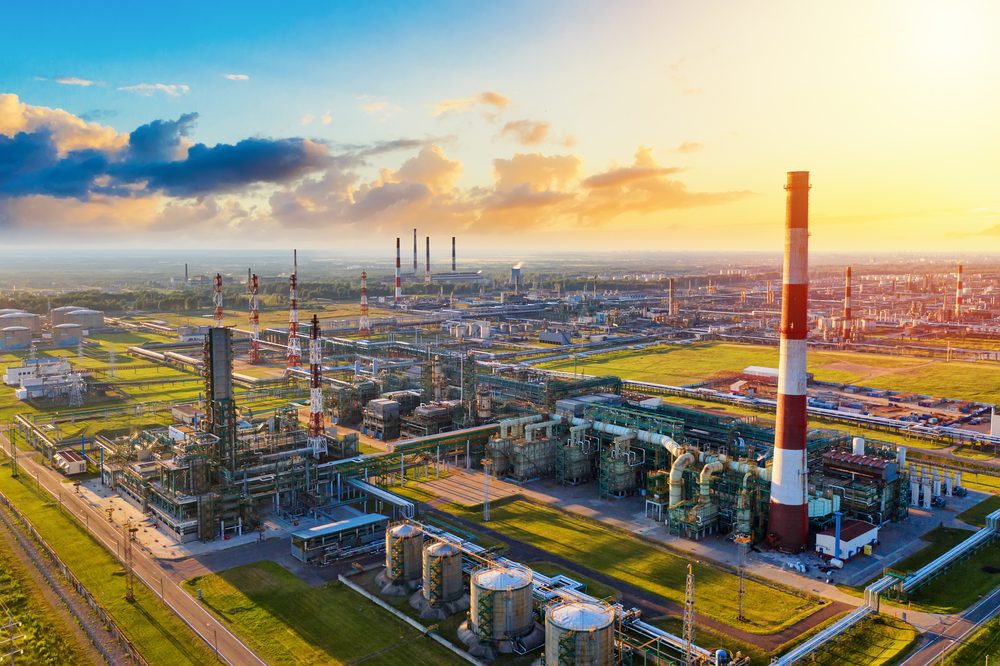Executive Summary
The Story So Far
Why This Matters
Who Thinks What?
U.S. President Donald Trump imposed Ukraine-related sanctions on Russia for the first time in his second term on Wednesday, targeting major oil companies Lukoil and Rosneft. This move, a notable policy shift for Trump, coincided with the European Union approving its 19th package of sanctions against Moscow, which includes a ban on Russian liquefied natural gas (LNG) imports. Both sets of measures aim to increase economic pressure on Russia amid its ongoing war in Ukraine.
U.S. Sanctions Target Russian Energy Sector
The U.S. Treasury Department announced that the sanctions target Russia’s two largest oil companies and their subsidiaries, blocking U.S. assets and preventing American entities from conducting business with them. Treasury Secretary Scott Bessent stated that these actions are a direct response to President Putin’s refusal to end the conflict, asserting that these companies fund the Kremlin’s war machine. The department urged Moscow to agree to an immediate ceasefire and encouraged allies to join in adhering to the new sanctions.
Following the announcement, oil prices saw an immediate jump of over $2 a barrel, with Brent crude futures rising to approximately $64. President Trump, who had previously relied on trade measures such as tariffs on Indian goods for purchasing discounted Russian oil, confirmed he had canceled a planned summit with President Putin in Hungary. Trump expressed hope that the sanctions would not be necessary for an extended period, referencing past concerns about the measures’ potential impact on the dollar’s global dominance.
EU Broadens Sanctions and LNG Ban
The EU’s 19th sanctions package introduces a comprehensive ban on Russian LNG imports, to be implemented in two stages: short-term contracts will cease after six months, while long-term contracts will end by January 1, 2027. This timeline is a year earlier than the European Commission’s initial roadmap for ending the bloc’s reliance on Russian fossil fuels. The package also includes new travel restrictions for Russian diplomats.
Additionally, the EU has expanded its list of sanctioned entities by adding 117 more vessels, predominantly tankers, belonging to Russia’s ‘shadow fleet’, bringing the total to 558. The listings also encompass banks in Kazakhstan and Belarus. Diplomatic sources indicated that four entities linked to China’s oil industry, including two refineries, a trading company, and an entity involved in circumvention activities, are expected to be listed following official adoption.
Analyst and Official Reactions
Analysts offered varied perspectives on the effectiveness of the U.S. sanctions. Edward Fishman, a senior research scholar at Columbia University and former U.S. official, described the measures as a significant and overdue step, questioning whether the U.S. would now pursue secondary sanctions against businesses dealing with Rosneft and Lukoil. Conversely, Jeremy Paner, a former Treasury Department sanctions investigator, suggested that the absence of sanctions on banks or major oil purchasers like India and China might limit the measures’ immediate impact on President Putin.
However, a senior Ukrainian official welcomed the U.S. decision, describing it as “great news” and noting that Lukoil and Rosneft had been among the targets previously proposed by Kyiv.
Heightened Economic Pressure
The coordinated sanctions from both the United States and the European Union signal a significant escalation in economic pressure on Russia. By targeting key revenue streams and logistical networks, these measures aim to curtail Moscow’s ability to finance its military operations in Ukraine, while also reinforcing a unified international stance against the conflict.








